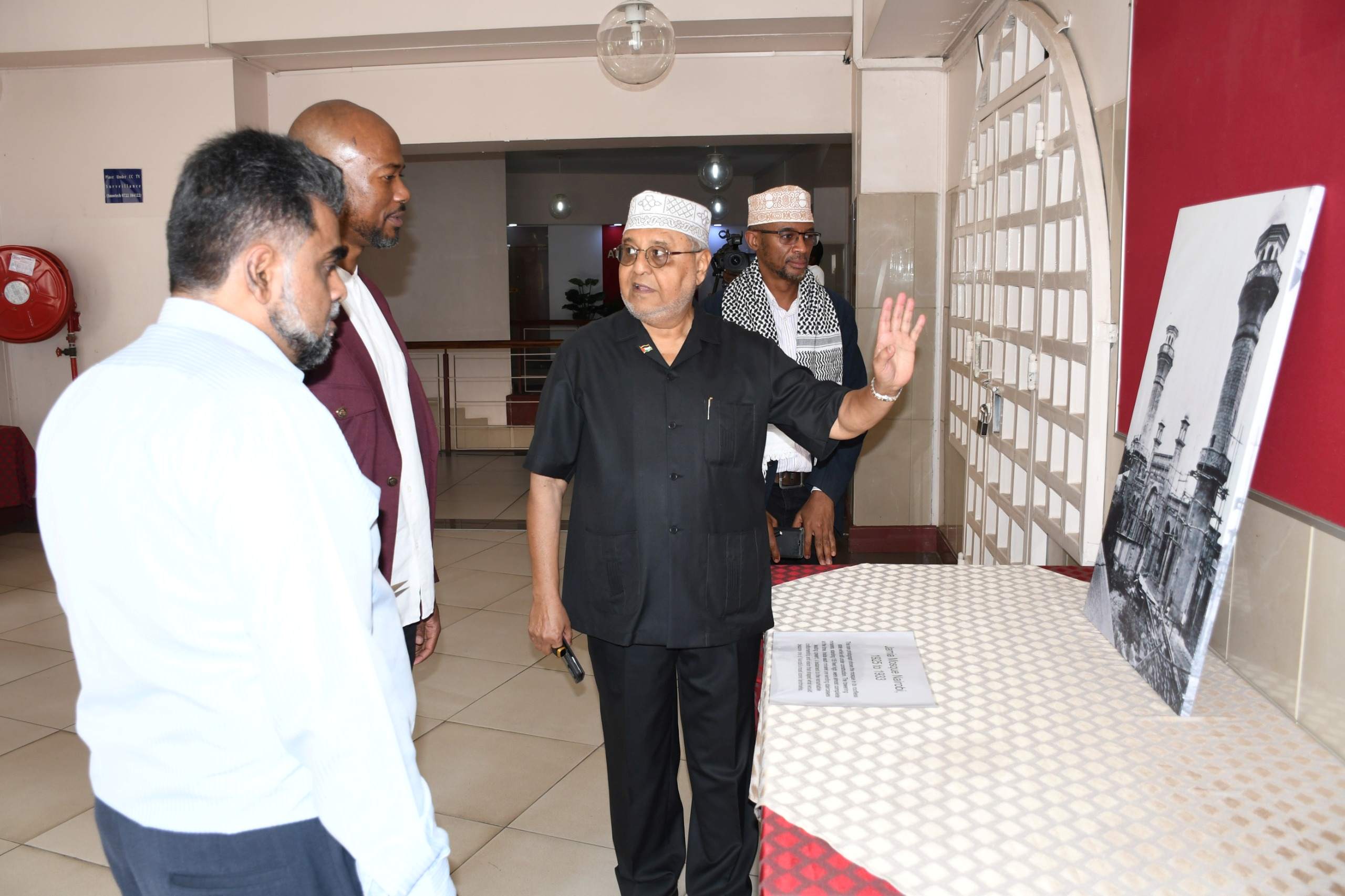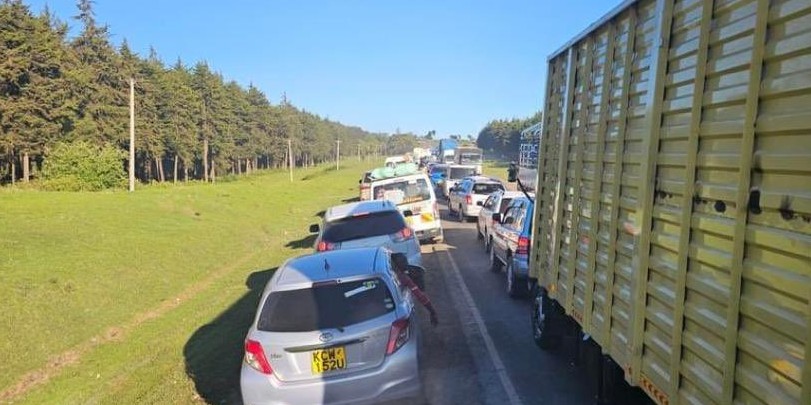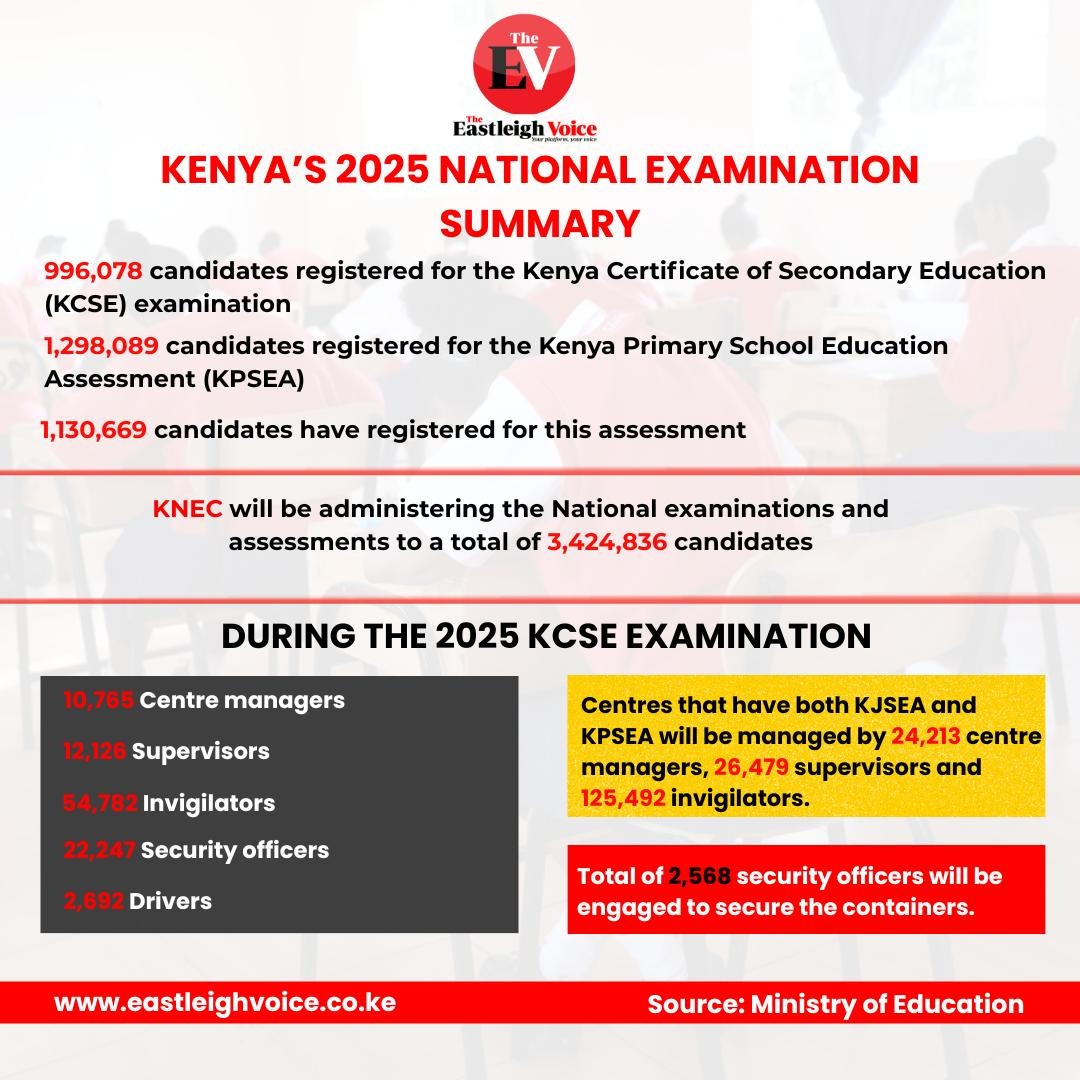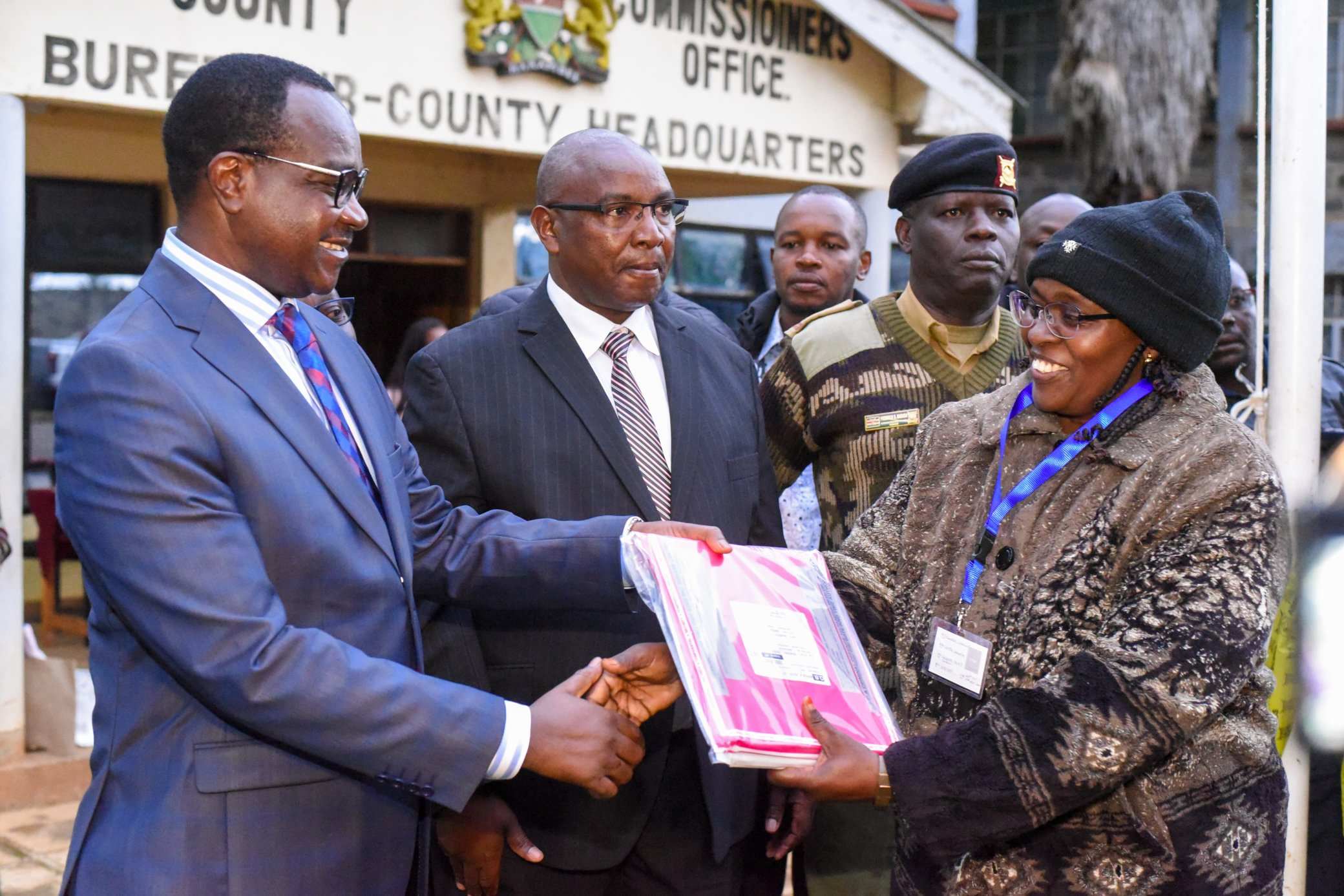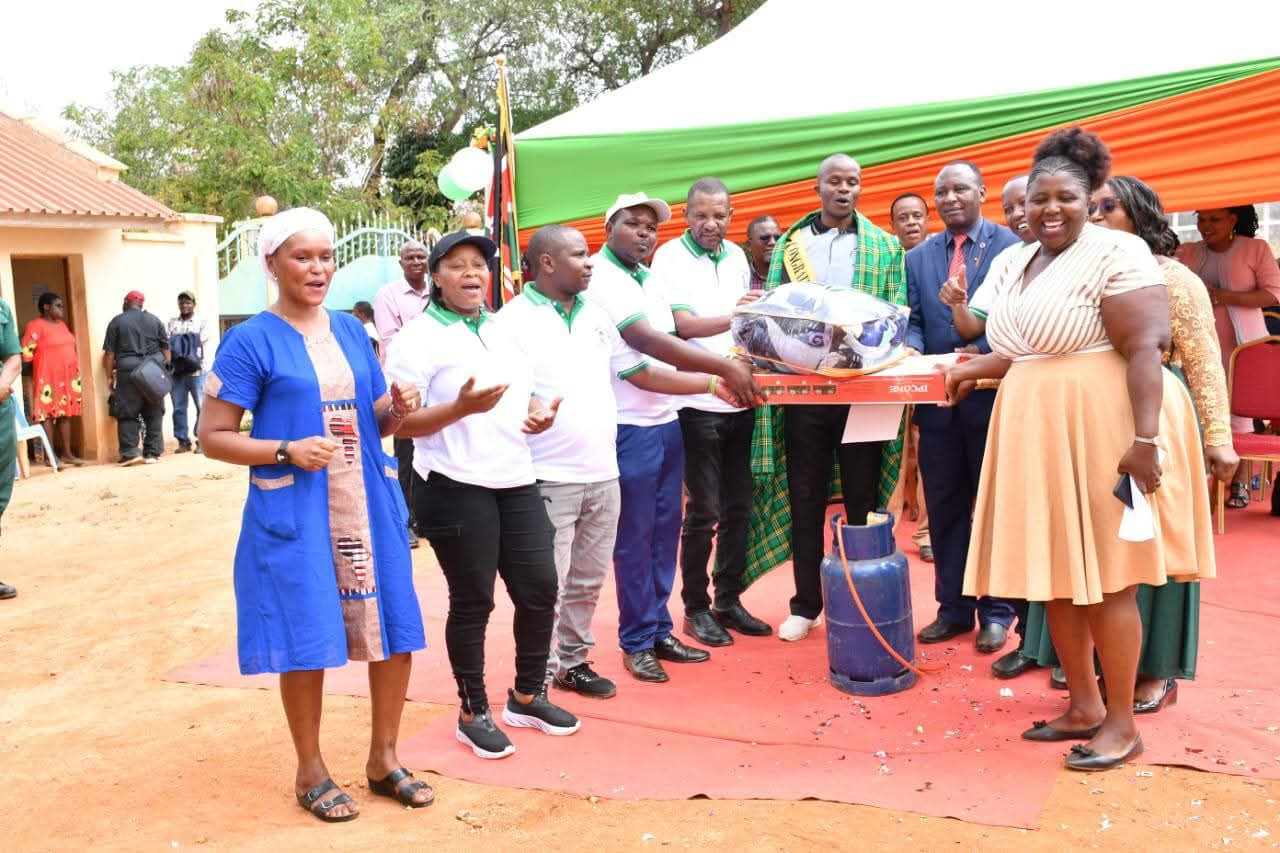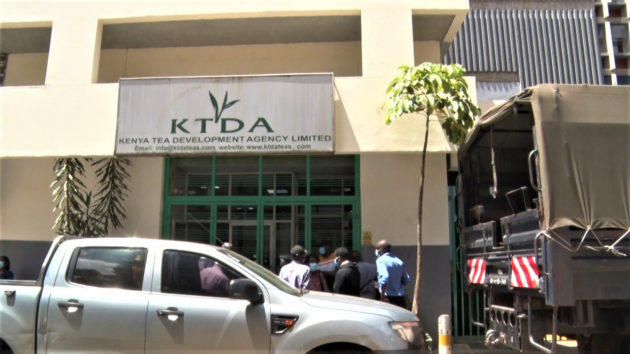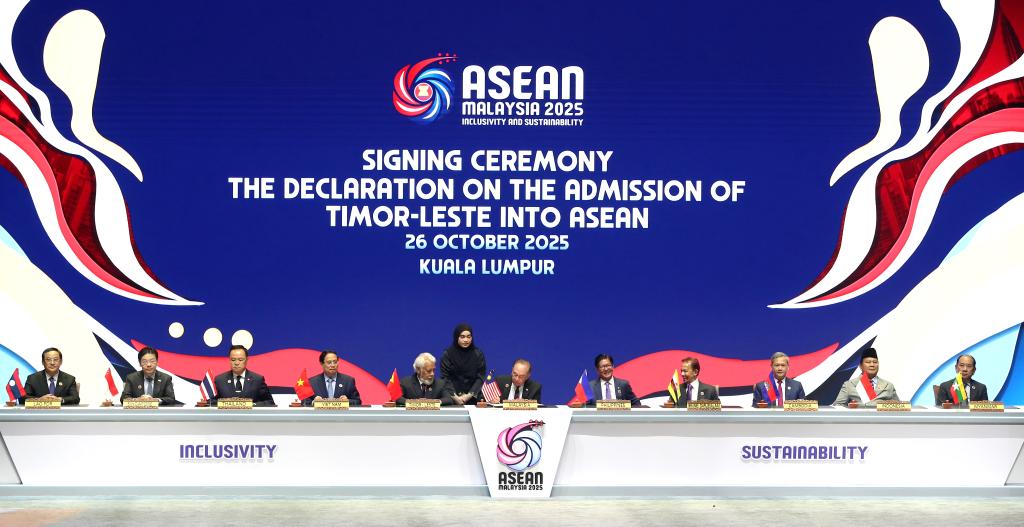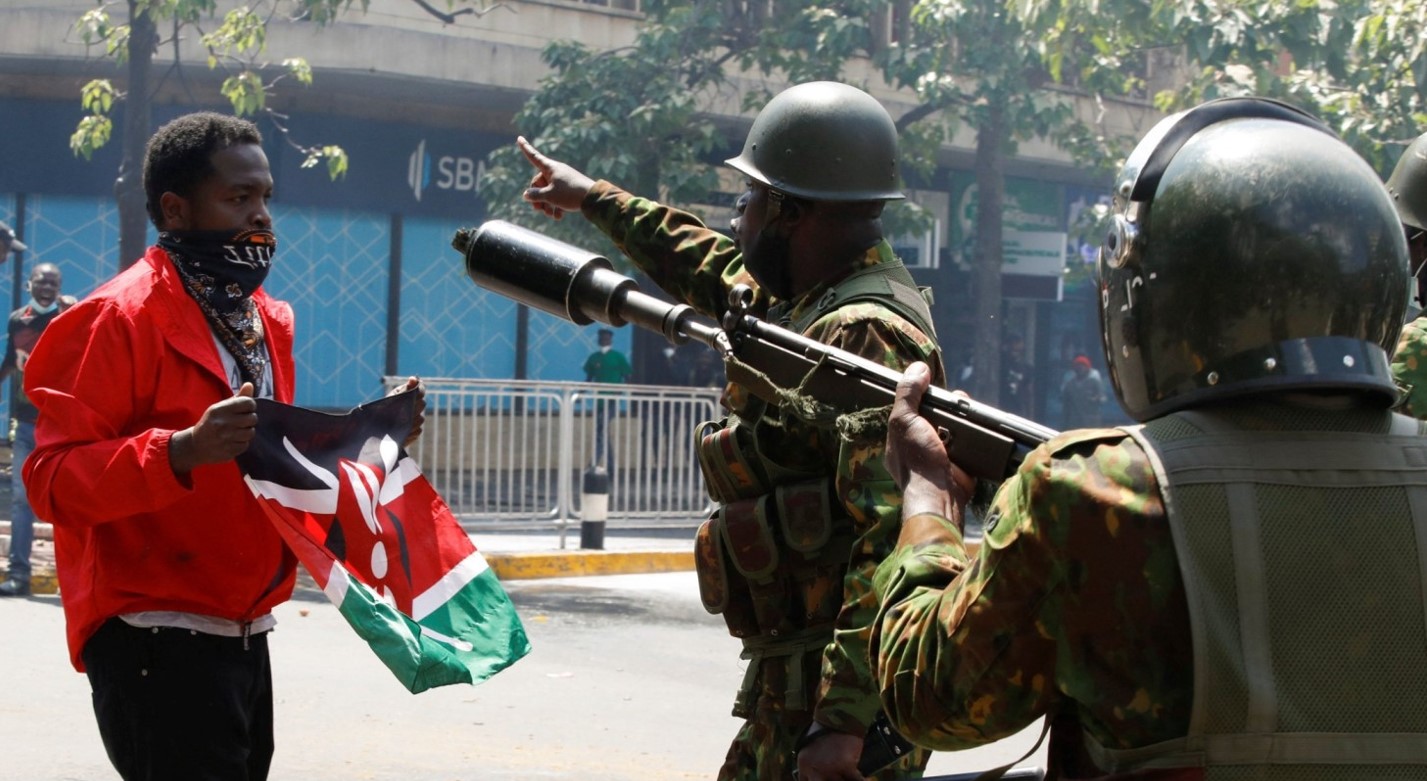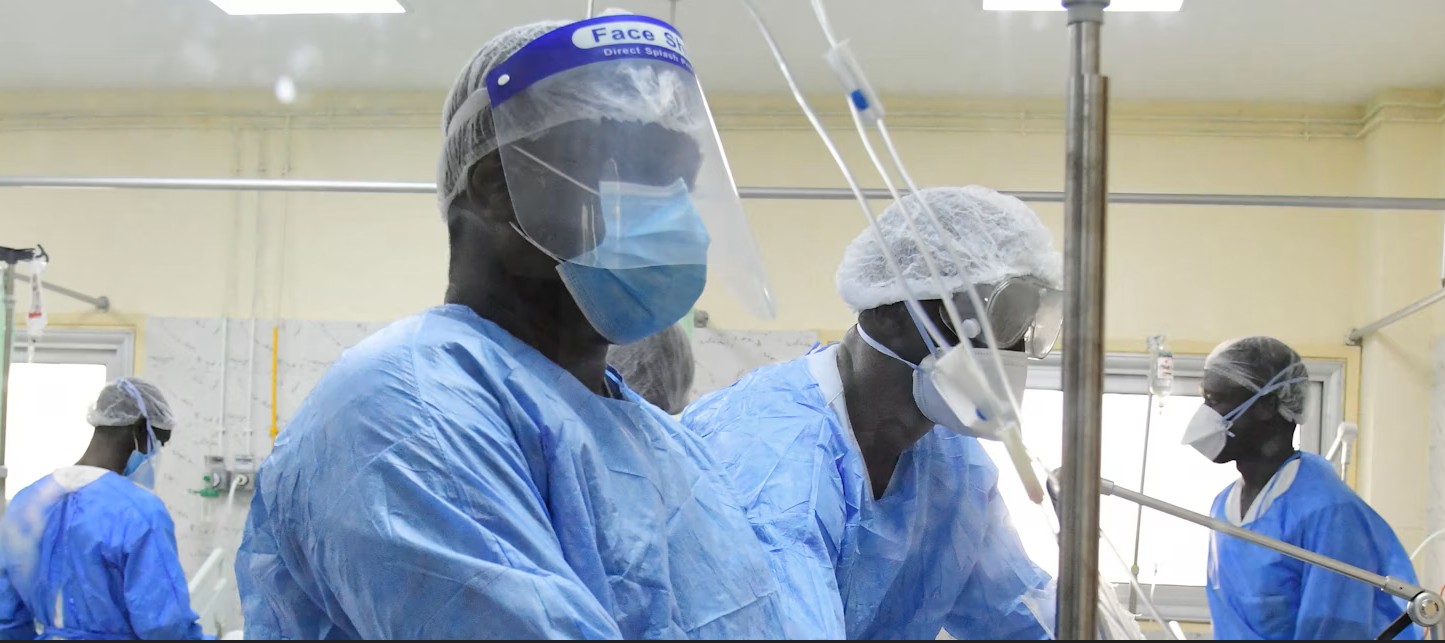Sh6.6 billion school projects under probe for delays, shoddy work and irregular payments

Auditor-General Nancy Gathungu has revealed that key procurement procedures were flouted, projects stalled without explanation, and performance bonds allowed to expire, exposing taxpayers to potential losses.
The State Department for Basic Education is under scrutiny for presiding over irregular school construction projects worth Sh6.6 billion across 30 counties, amid revelations of delays, shoddy work and unsupported payments.
Auditor-General Nancy Gathungu has revealed that key procurement procedures were flouted, projects stalled without explanation, and performance bonds allowed to expire, exposing taxpayers to potential losses.
More To Read
- Auditor faults UDA for lacking proof of Sh2 billion land assets
- Billions locked in stalled county projects across the country - CoB Margaret Nyakang'o
- MPs grill SHA over Sh91m legal costs, disputed Karen land and stalled NHIF projects
- Auditor General flags CBK for hiring unqualified managers, ignoring HR Policies
- KDF projects worth Sh22 billion stall as contractors abandon sites
- CBK under fire for withholding Sh3 billion in upfront agency fees, auditor-general says practice breaches law
In her report for the 2023/2024 financial year, Gathungu raised concerns over the implementation of school infrastructure projects that included the construction of 1,506 classrooms, 863 laboratories, and 1,932 sanitation facilities.
A review of project records revealed that the department signed agreements with 25 contractors on April 26, 2022, but the projects were marred by numerous irregularities.
These included “unsupported revision of contract durations, projects not commencing on time, delays in completion of some of the projects, stalled construction projects and poor workmanship and incomplete works.”
Oversight procedures breached
Although a three-member technical committee was appointed to recommend payments to the 25 contractors, Gathungu observed that the user department, specifically the schools and the procurement function were not represented in the committee, in breach of proper oversight procedures.
The Auditor-General further cited the lack of official records backing the committee’s work.
“There were no minutes of committee meetings and field inspection reports in support of payments. The committee instead relied on recommendations of consultants to confirm the scope of works done, contrary to the provision of Regulation 139(3) of the Public Procurement and Asset Disposal Regulations, 2020,” reads the report.
The regulation stipulates that payments should only be made after an invoice or fee note is accurately raised and submitted under the provisions of the contract.
“In the circumstances, value for money may not have been realised from expenditure on the construction contracts valued at Ksh6,655,812,555 while Management was in breach of the law,” reads the report.
Gathungu also found that construction had not started for 30 classrooms, 40 laboratories, four water projects and 471 sanitation blocks valued at Sh573.9 million by June 30, 2024. No explanation was provided for the delay in commencement.
The department also failed to enforce contract penalties for the delays as stipulated under Clause 47.1 of the Project Conditions of Contract.
“Further, termination proceedings had not been commenced despite the contractor having abandoned the work for a period exceeding twenty-eight (28) days without evidence of authorisation by the project manager,” the report adds.
According to a status and progress report dated July 16, 2024, the Auditor-General revealed that Sh4.8 billion, equivalent to 72 per cent of the total contract value, had already been certified, claimed and paid to contractors, yet only 77 per cent of the work was completed by the end of the financial year. This indicated that 23 per cent of the contracted work remained undone.
Advance payments amounting to Sh658.6 million had been made, but only Sh475 million had been recovered by audit time. Five contracts in five counties had works certified beyond the 90 per cent threshold for full recovery, yet Sh18.3 million remained unrecovered.
“The recovery of advance payments of Sh119,914,993 stood at Sh101,588,718 resulting in an under-recovery of Sh18,326,275,” the report added.
Eexpired performance bonds
Gathungu also flagged 267 stalled projects valued at Sh344.2 million in three counties, 67 in Tana River, 186 in Kwale, and 14 in Taita Taveta.
“However, no explanation was provided for the stalled projects. Further, no evidence of liquidated damages being claimed and paid by the contractors was provided for audit. In addition, the performance bonds had expired and exposed the project to loss of funds,” the report states.
A physical inspection carried out in September 2024 in Homa Bay and Baringo counties uncovered widespread construction defects and poor workmanship in government-funded school projects.
In Homa Bay, laboratories built at God Bura and Tonga Boys Secondary Schools were found with cracked and peeling floors and lacked essential utilities such as water and gas connections. Although these issues had been reported by school administrators, no corrective measures had been taken.
At God Bura Secondary School, the laboratory was also found to be inaccessible to learners with physical disabilities due to the absence of a ramp. The supplied furniture — including desks, chairs, and laboratory benches — was of poor quality, with protruding nails, splinters, and rough finishes.
“Defects noted by the schools and reported to the contractors had not been rectified,” the Auditor-General’s report stated.
In Baringo County, the audit team found that the contractor responsible for a Sh3 million laboratory project at Marigat Integrated Day Secondary School was not present at the time of inspection.
At Marigat Boarding Primary School, sanitation facilities valued at Sh900,000 were incomplete and poorly constructed.
Top Stories Today

